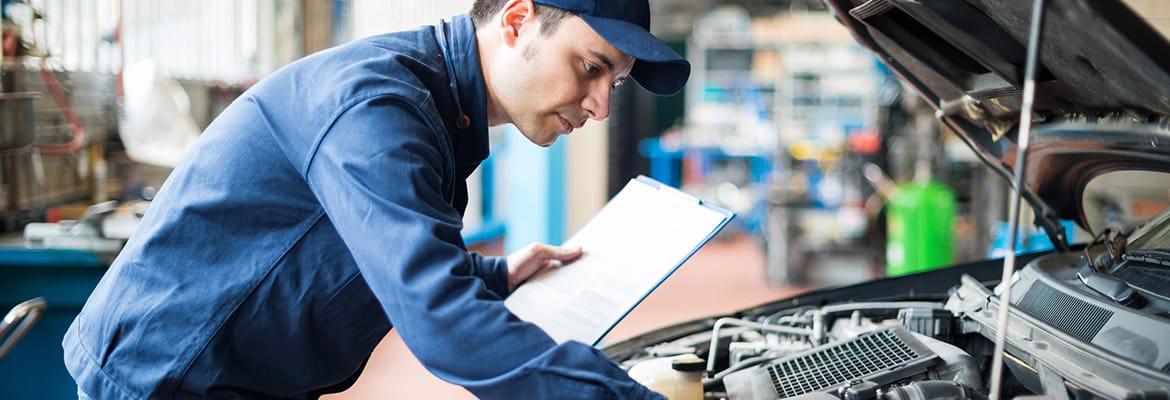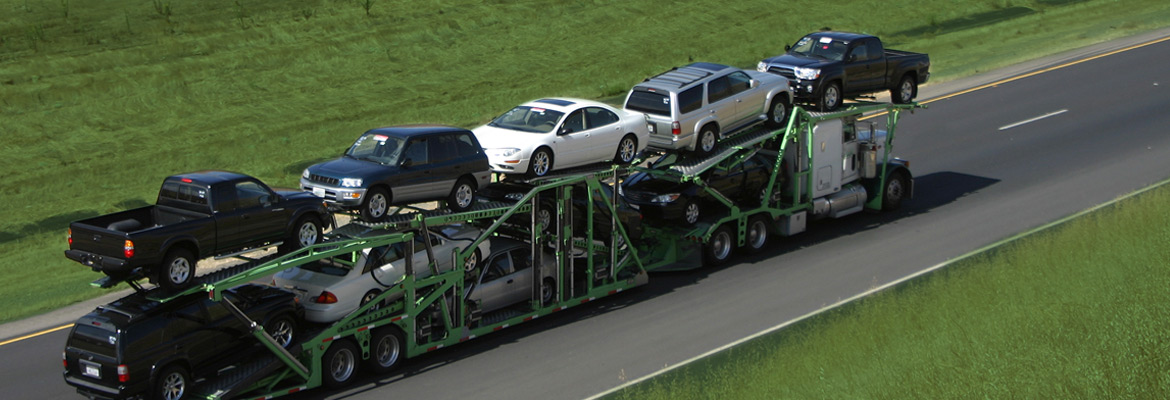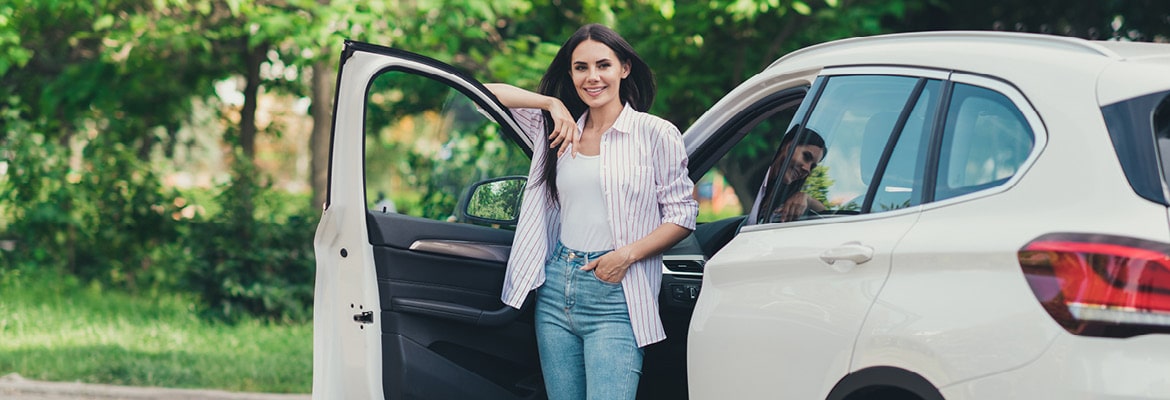Buying a used car can be intimidating, but with the right tools and information, you can make a smart choice. A pre-purchase inspection (PPI) can be your secret weapon in avoiding costly mistakes and securing a reliable vehicle. In this guide, we’ll look at the advantages of pre-purchase inspections and answer some common questions about PPIs.
Understanding pre-purchase inspections
A pre-purchase inspection is a comprehensive vehicle evaluation conducted before buying a used car. PPIs are typically performed by a certified technician or automotive repair specialist. Having a third-party professional inspect the vehicle ensures you have an unbiased evaluation of the car’s condition. It also helps identify potential problems that may require repairs and offers peace of mind for the buyer.
Pre-purchase inspections cover the entire vehicle’s condition, including engine, drivetrain, frame and body. Potential findings may uncover hidden rust, water damage, repairs due to accident, electrical system condition, burnt bulbs and overdue maintenance. Car inspections, especially pre-purchase inspections, are important for buying a safe and reliable used car.
Keep in mind that not every seller will allow for a PPI, including some dealerships selling used cars. This isn’t necessarily a red flag, as many sellers will have their own inspections and guarantees in place. However, a PPI is a great service that you should take advantage of when the seller does allow them.
The inspection process
The aim of a pre-purchase car inspection is to get a better understanding of the overall condition of the vehicle being purchased. There are many different levels of PPIs depending on your budget, with some even including a detailed look into the vehicle’s history report and a test drive.
The standard process typically includes thorough checks of the following items:
- The car’s exterior
- The car’s interior
- Steering and suspension
- Fuel and coolant systems
- Electrical components
- Air conditioning
- Emissions system testing
- Mechanical testing
- Brakes
- Engine
- Transmission and drivetrain
During the inspection process, a technician may uncover issues, such as:
- Body damage
- Leaks
- Suspension problems
- Mechanical issues
- Lack of maintenance (worn out brakes, dirty air filter, worn tires, etc.)
Knowing these details before finalizing the purchase helps buyers make an informed decision, potentially saving money on future repairs. It also provides visibility on upcoming scheduled maintenance.
If any damage or concerns are uncovered during the inspection, the buyer then has an opportunity to reevaluate the deal. Are the repairs worth the cost of the car? Is the seller trustworthy? Just because some issues arise during the inspection doesn’t mean the car isn’t worth purchasing, but it helps provide more information for the buyer to make a good decision.
Finding a qualified inspector
It’s important to choose a skilled professional to perform your pre-purchase inspection. You’ll want to look for a certified auto technician, specifically one who has an Automotive Service Excellence (ASE) certification, as well as someone who has expertise and knowledge about your specific vehicle type.
There are many places you can go to find a qualified inspector. Most local car dealerships, automobile repair shops and auto service centers offer PPIs. In addition to local establishments, you might consider a remote inspection. Mobile inspectors are individuals who will drive to the vehicle’s location and conduct their inspection on-site. This is convenient if the car is inoperable or you cannot drive it yourself to an inspection location.
Mobile inspectors often work for companies specializing in auto inspection and can be found online. Some of the biggest names in mobile inspection include LemonSquad, Pomcar and YourMechanic.
If you’re buying the vehicle online or from a seller in another state, you still can and should get a pre-purchase inspection if it’s allowed by the seller. You’ll just need to coordinate with the seller to arrange an inspection or have a remote inspector go to the vehicle to assess its condition.
Once you’ve bought your car online, make sure it gets home safely. A professional auto transporter is a reliable and efficient way to have your car delivered. The auto transport process is easy, safe and convenient. Learn more about how auto transport works.
Looking for a used car online but don’t know where to start? See our list of the best used car websites to help you find a great deal on a used car—just remember to get it inspected before you buy!
Pre-purchase inspection cost and benefits
On average, a pre-purchase inspection will cost between $200 and $300. However, it can save you money in the long run by avoiding expensive repairs. The amount saved depends on the issues found, but a thorough inspection is always worth the cost.
In addition to the peace of mind you’ll get from a thorough inspection, a PPI is also a great bargaining tool when negotiating the price of a used car. A pre-purchase inspection will reveal the condition of the car and help you determine its true value. This is critical information when settling on a price, or deciding if you should look elsewhere.
Frequently asked questions
What does a PPI include?
A pre-purchase inspection includes a comprehensive evaluation of a vehicle’s cosmetic, mechanical and safety condition. It will reveal any existing damage or mechanical issues that could affect the performance of the vehicle.
How much does a PPI cost?
Standard used car inspections cost approximately $200 to $300. Inspections for specialty cars can cost $500 or more. The cost of a pre-purchase car inspection can change based on several factors:
- The type of vehicle being inspected
- The labor costs of the mechanic or inspection service
- Any additional services or tests requested during the inspection
Is a PPI worth it?
Yes, a pre-purchase inspection is highly recommended. It can help you dodge expensive repairs, bargain for a lower price and get a quality used car.
Where can I get a PPI?
There are many ways to get a PPI. You can start by visiting your local technician, dealership, certified auto repair shop or mobile inspection service. If you’re looking for an out-of-state inspector, you’ll have to search for a technician or auto shop in that state. This will also require somebody in that state to drive the car to the inspection. If you’re working with an exotic, rare or vintage car, try to find an inspector who specializes in that kind of car.
How long does a PPI take?
A thorough pre-purchase inspection takes between 1 and 2 hours but could take longer. You should account for a full 3 hours for your car to be inspected.








